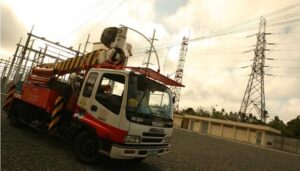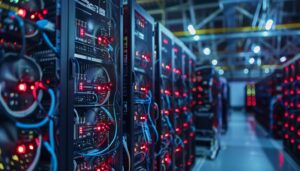Menu
- Daily
Sardine Makers Push for ₱3 Price Hike Due to Rising Tin Costs, Weak Peso
canned goods price hike PH, Canned Sardines Association of the Philippines, Canned sardines price hike, DTI sardine price request, Featured, Francisco Buencamino sardine update, import cost inflation, peso depreciation effects, sardine brand supply PH, sardine SRP increase 2025, tin sheet cost sardine industry - National
- International
Philippines Lifts Import Ban on German Beef After FMD-Free Declaration
animal disease export ban, DA FMD Germany clearance, DA Memorandum Order 29, Featured, FMD-free declaration Germany, foot-and-mouth disease update, German animal product import approval, livestock trade Germany Philippines, PH lifts German beef import ban, PH-Germany agriculture trade, Philippine beef imports 2025Trump Slams Musk Over Tax-Cut Bill Opposition, Says “Very Disappointed”
Donald Trump Big Beautiful Bill, Elon Musk leaves Trump admin, Elon Musk tax-cut bill criticism, Featured, Government Efficiency Department Musk, Musk federal deficit concerns, Tesla stock drop Trump, Trump disappointed in Elon Musk, Trump EV credit removal, Trump Musk feud 2025, Trump vs Musk latest newsHotel101 to Develop 10,000 Affordable Rooms in Saudi Arabia Under $2.5B Expansion Deal
affordable hotel chain Saudi Arabia, DoubleDragon hotel project, DoubleDragon Nasdaq listing, Edgar Injap Sia II Hotel101, Featured, global condotel model, Hannah Yulo-Luccini, Hotel101 Horizon Group partnership, Hotel101 Medina Riyadh Jeddah, Hotel101 Saudi Arabia expansion, Vision 2030 tourism Saudi - Editorial
- Next Negosyante
- Crypto News






















Comments are closed for this article!